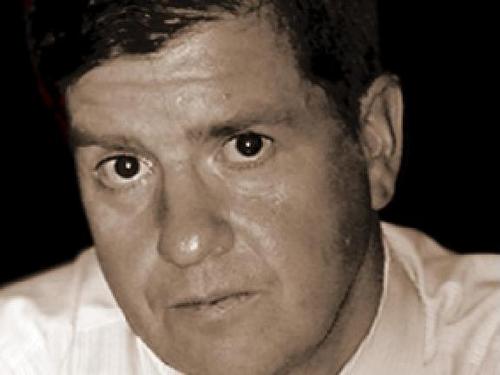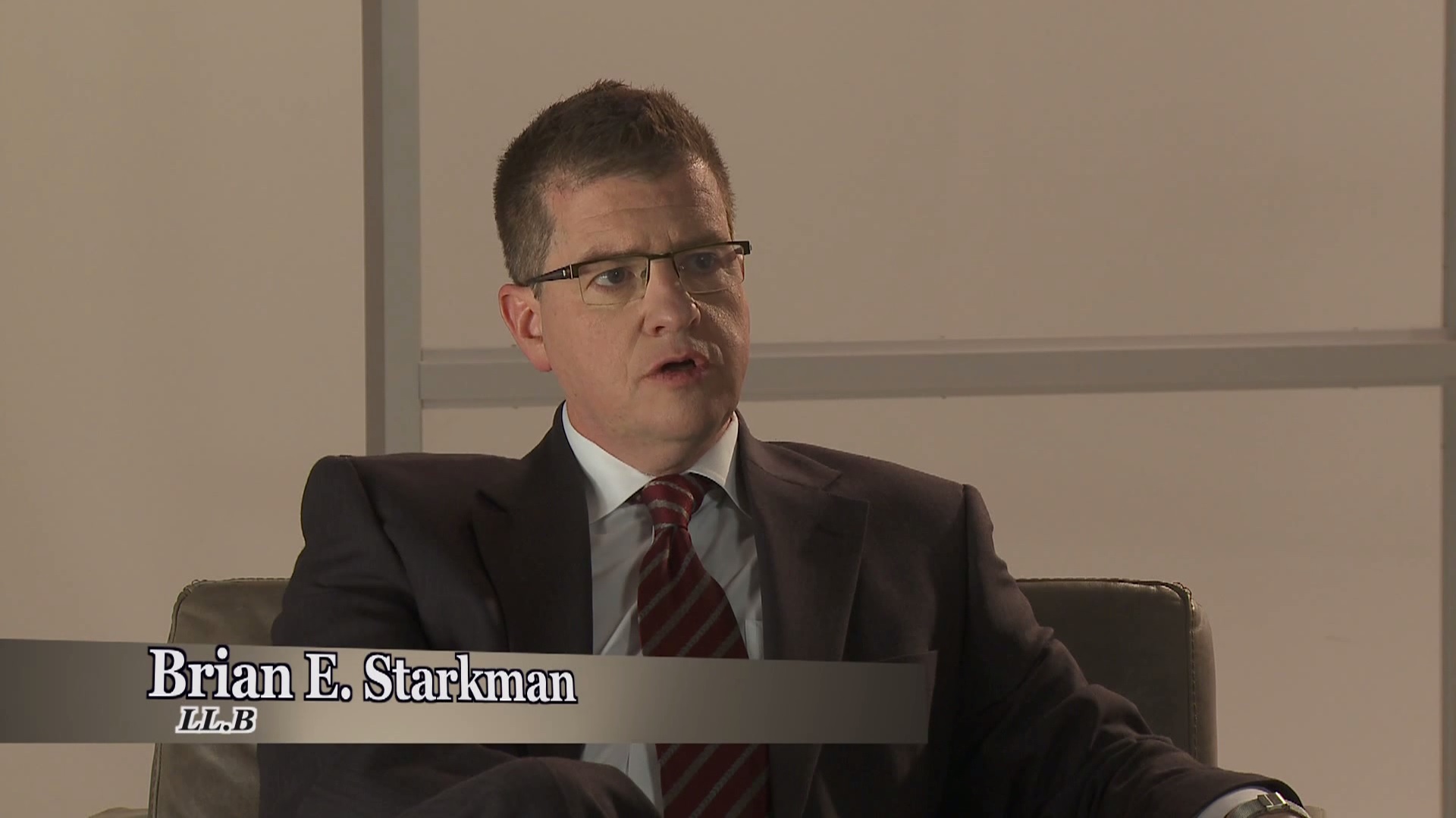640AM TORONTO RADIO INTERVIEW – AUGUST 04/16
Topic Is Ontario Government Allowing Alcohol Delivery From LCBO.
Lawyer Brian Starkman DUI/DWI (Ontario)
Sometimes an accused person will have an explanation as to why they may have appeared under the influence of alcohol when they really were not. For example, after a significant motor vehicle accident, a driver will often exhibit many of the same symptoms they might if they were impaired i.e. slurred speech, unsteadiness on feet. Again, a skilled lawyer can effectively bring out these alternative explanations with an eye towards creating reasonable doubt in the mind of the judge. A competent cross examiner will know what questions to ask and just as importantly what questions not to ask.
- Impaired Driving
- Refuse Breathalyzer
- Over 80
OVER 80
Information Submission Form
Although not all questions may apply to your case, we do ask that you complete as many of the fields as possible to better help us understand your situation. (Fields marked with * indicated required information)
Once submitted, our office will contact you to setup a no obligation, confidential, no fee interview.



